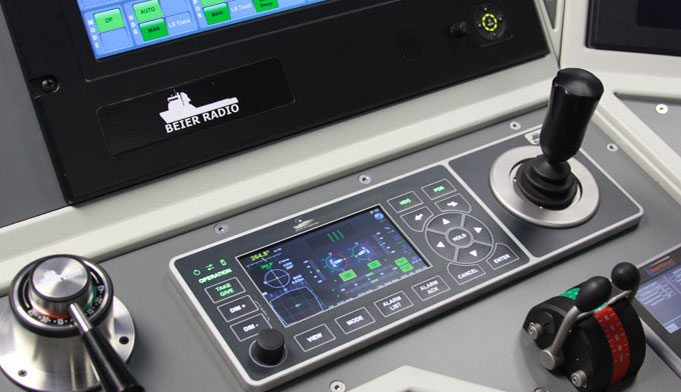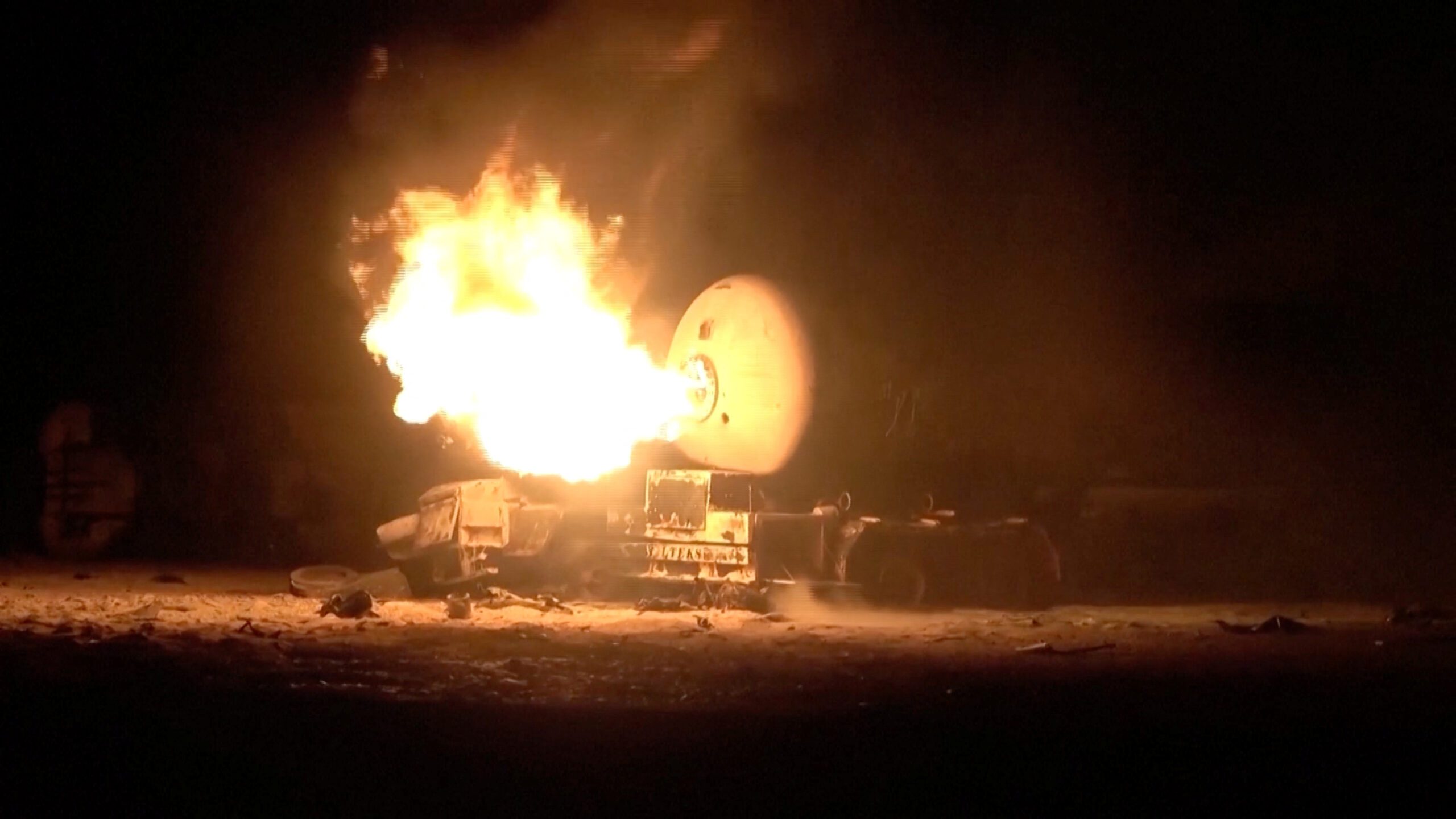File photo
A former Louisiana maritime instructor has been indicted on federal charges for allegedly accepting cash payments to fraudulently certify individuals on critical maritime infrastructure equipment for which they never actually completed training.
The charges were handed down earlier this month in the Eastern District of Louisiana follow an investigation by U.S. Immigration and Customs Enforcement’s (ICE) Homeland Security Investigations (HSI) and the U.S. Coast Guard Investigative Service.
According to court records, Maurice George, 45, of Napoleonville, is charged with one count of conspiracy to commit wire fraud and eight counts of wire fraud for the alleged crimes while he was employed by Beier Radio, L.L.C.
George allegedly devised a scheme to embezzle approximately $334,892 from his employer between 2007 and 2013 by taking more than 200 payments between $1,200 and $2,000 from students in exchange for fraudulently endorsing and certifying their log books, and for issuing certificates of training that was never performed.
Beier Radio manufactures maritime electronics products including Dynamic Positioning Systems (DPS). Beier operated a DPS training center in Gray, Louisiana, under the name The Marine Training Institute. Beier provided technical and operational training courses for Beier DPS customers.
“George’s greed not only stole money from the company he worked for, it put our nation’s critical infrastructure at risk”, said Special Agent in Charge of HSI New Orleans Raymond R. Parmer, Jr. “Because of these bogus certifications the possibility exists that someone could be injured or killed and we could face any number of potential environmental disasters.”
The indictment alleges George instructed DPS students to pay him directly by check and George also forged signatures of various employees of Beier Radio on the DPS training certificates. George then deposited the illegal payments into his personal checking account.
If convicted on each count, George faces a maximum penalty of 20 years imprisonment followed by up to three years of supervised release and a $250,000 fine.

 Join The Club
Join The Club











